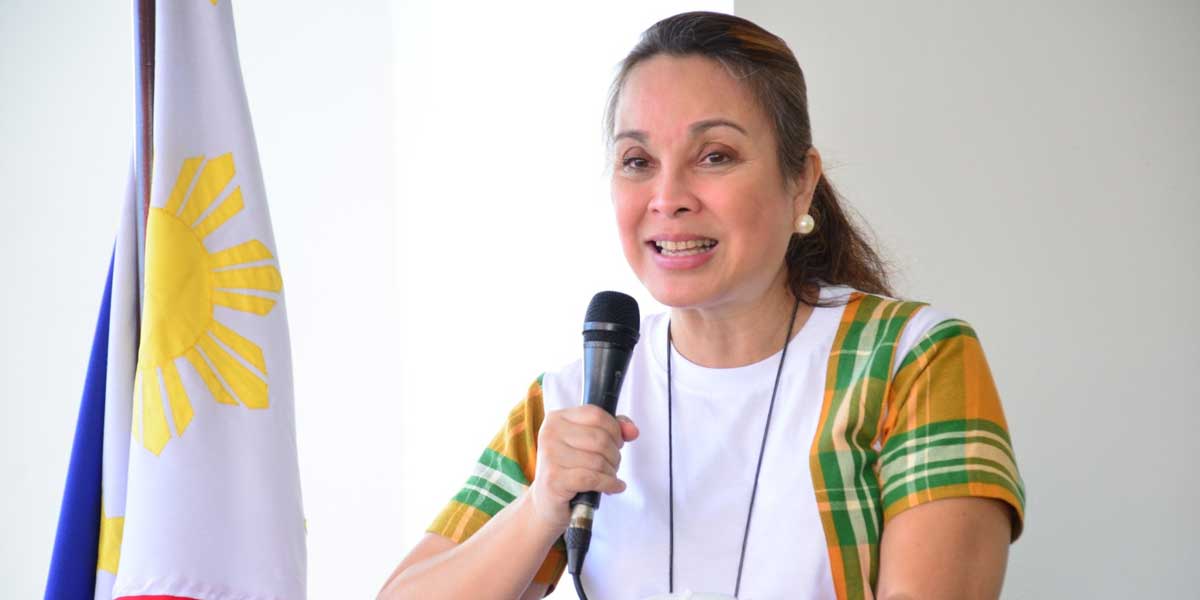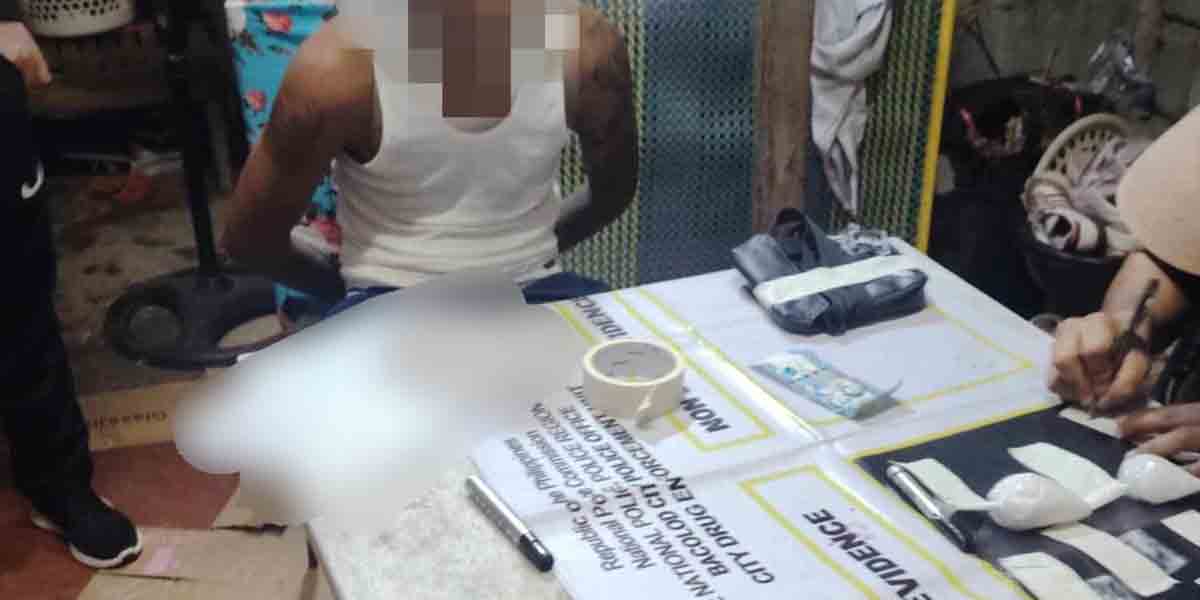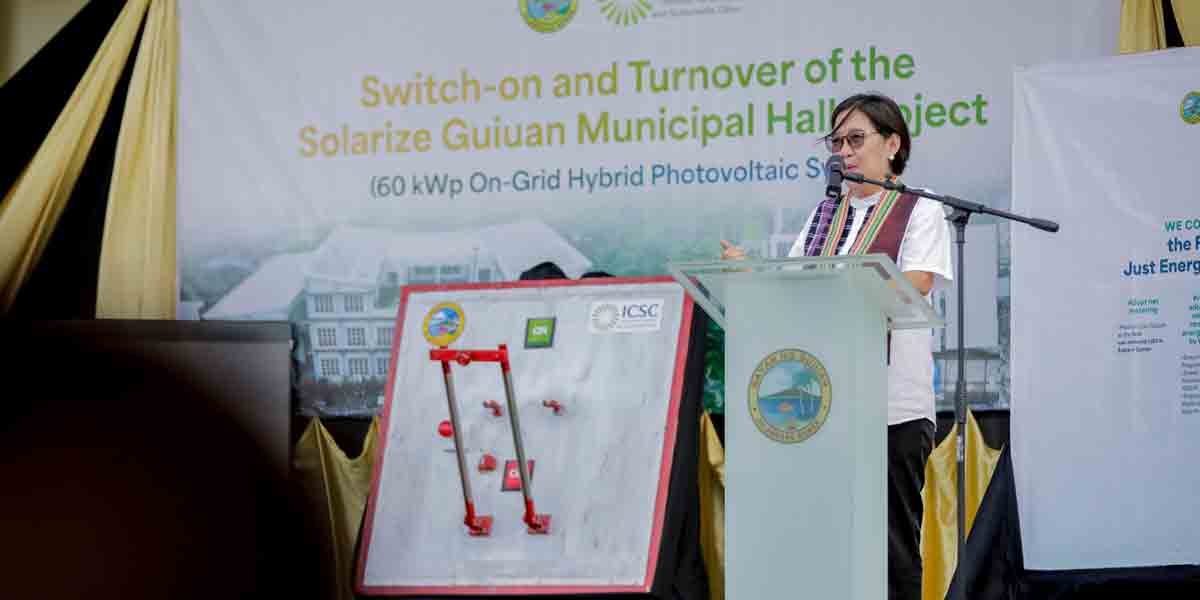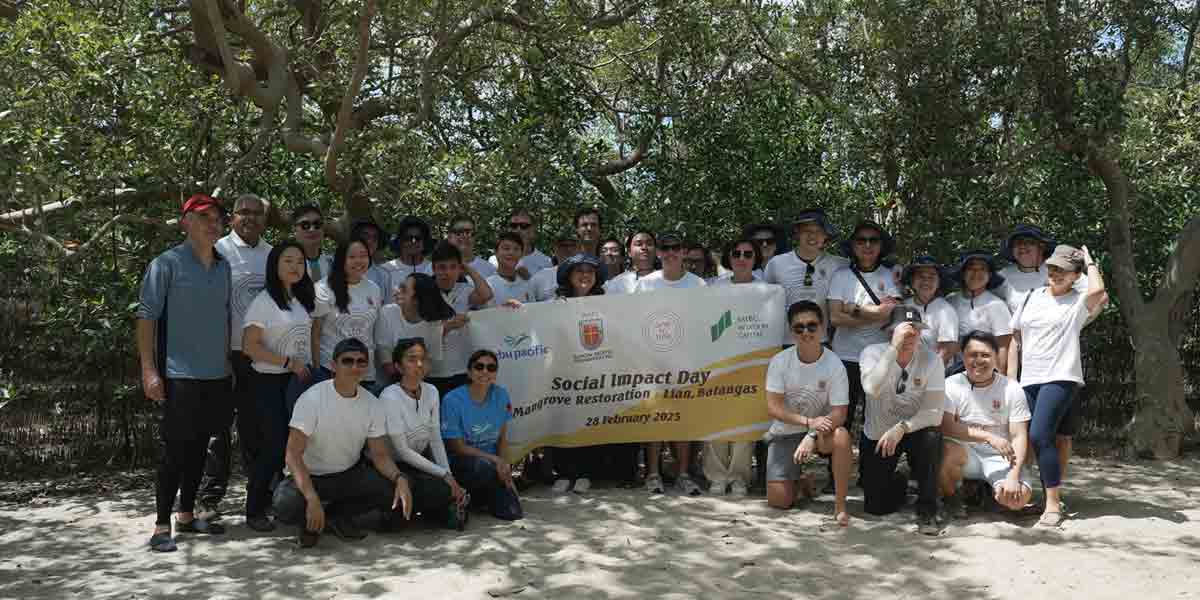By Atty. Eduardo T. Reyes III
Being billeted in this hotel is indeed a walk down memory lane.
Manila Hotel is rich in history. Its sheer location that affords a scenic view of the world-famous Manila Bay sunset on one side and Intramuros and Rizal Park on the other, is an affluent reminder of this hotel’s historicity.
The hotel was in the eye of the controversy in MANILA PRINCE HOTEL v. GOVERNMENT SERVICE INSURANCE SYSTEM, MANILA HOTEL CORPORATION, COMMITTEE ON PRIVATIZATION and OFFICE OF THE GOVERNMENT CORPORATE COUNSEL, G.R. No. 122156 February 3, 1997. The case stemmed from the conversion of government shares to private ones in business entities like the Manila Hotel. During the bidding, a Malaysian firm tendered the highest bid, while the Filipino firm came as a far second.
Latching on the Filipino First Policy as envisaged under Sec. 10, par. 2, Art. XII, of the 1987 Constitution which states that “in the grant of rights, privileges, and concessions covering the national economy and patrimony, the State shall give preference to qualified Filipinos”, the petitioner Manila Prince Hotel “matched” the bid of the Malaysian firm which was rejected by the respondent GSIS. This triggered the filing of the petition with the Supreme Court to compel the GSIS to accept the Manila Prince Hotel’s bid.
The case had prompted the issue: is the Manila Hotel part of Philippine heritage such that the Filipino First Policy may be invoked to favor the Filipino firm?
The Supreme Court said yes in this case. Thus:
“Manila Hotel has become a landmark — a living testimonial of Philippine heritage. While it was restrictively an American hotel when it first opened in 1912, it immediately evolved to be truly Filipino, formerly a concourse for the elite, it has since then become the venue of various significant events which have shaped Philippine history. It was called the Cultural Center of the 1930’s. It was the site of the festivities during the inauguration of the Philippine Commonwealth. Dubbed as the Official Guest House of the Philippine Government. it plays host to dignitaries and official visitors who are accorded the traditional Philippine hospitality”.
The Manila Hotel’s provenance was also traced, thus:
“The history of the hotel has been chronicled in the book The Manila Hotel: The Heart and Memory of a City. During World War II the hotel was converted by the Japanese Military Administration into a military headquarters. When the American forces returned to recapture Manila the hotel was selected by the Japanese together with Intramuros as the two (2) places for their final stand. Thereafter, in the 1950’s and 1960’s, the hotel became the center of political activities, playing host to almost every political convention. In 1970 the hotel reopened after a renovation and reaped numerous international recognitions, an acknowledgment of the Filipino talent and ingenuity. In 1986 the hotel was the site of a failed coup d’ etat where an aspirant for vice-president was “proclaimed” President of the Philippine Republic”.
And more important, that the Manila Hotel is part of Philippine patrimony is borne of the fact that its history is inextricably linked with that of the history of the Philippines itself and this is beyond dispute.
“For more than eight (8) decades Manila Hotel has bore mute witness to the triumphs and failures, loves and frustrations of the Filipinos; its existence is impressed with public interest; its own historicity associated with our struggle for sovereignty, independence and nationhood. Verily, Manila Hotel has become part of our national economy and patrimony. For sure, 51% of the equity of the MHC comes within the purview of the constitutional shelter for it comprises the majority and controlling stock, so that anyone who acquires or owns the 51% will have actual control and management of the hotel. In this instance, 51% of the MHC cannot be disassociated from the hotel and the land on which the hotel edifice stands. Consequently, we cannot sustain respondents’ claim that the Filipino First Policy provision is not applicable since what is being sold is only 51% of the outstanding shares of the corporation, not the Hotel building nor the land upon which the building stands”.
A week before the May 9, 2022 National and Local Elections, may we be reminded that we belong to one Filipino soul, not just our own individual personalities, interests and egos. May we choose leaders who will further the Filipino First Policy not only in terms of keeping in Filipino hands edifices that had seen history unfold, but rather holding intact the Filipino spirit of “Bayanihan” that lifts from the earth each and every Filipino’s humble “bahay kubo”.
Like the Manila Hotel that stood the test of time- the second world war and all- and thus had become a symbol of durability, may our votes be emblematic too of the enduring Filipino character that is resilient from external pressures undergirded by money or threats.
Only then can we truly live up to the Filipino First Policy that the forebears of our Constitution had in mind and give substance and meaning to their prescience.
(The author is the senior partner of ET Reyes III & Associates- a law firm based in Iloilo City. He is a litigation attorney, a law professor and a book author. His website is etriiilaw.com).




















